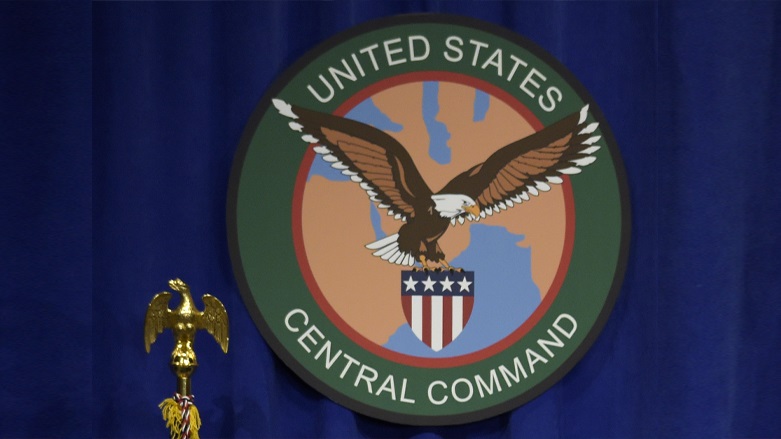US Kills ISIS Leader and Operative in Syria
“The United States—working with allies and partners in the region—will not allow ISIS to take advantage of the current situation in Syria and reconstitute.”

Dec 20, 2024
WASHINGTON DC, United States (Kurdistan 24) U.S. Central Command, on Thursday, launched what it called “a precision airstrike” in eastern Syria, killing an ISIS leader, Abu Yusif, in Deir ez-Zor Province, in an area that had been under the control of the Syrian regime, when it suddenly collapsed on Dec. 8.
Following the airstrike, CENTCOM commander, Gen. Michael Erik Kurilla, affirmed on Friday, “The United States—working with allies and partners in the region—will not allow ISIS to take advantage of the current situation in Syria and reconstitute.”
Kurilla’s statement also reflected the concern of the U.S. and other parties about the ISIS prisoners, both fighters and their families, currently being held in detention camps in eastern Syria by the Kurdish-led Syrian Democratic Forces (SDF), America’s main partner in the fight against ISIS in Syria.
“ISIS has the intent to break out of detention the over 8,000 ISIS operatives currently being held in facilities in Syria,” Kurilla warned.
“This airstrike is part of CENTCOM’s ongoing commitment, along with partners in the region,” to disrupt and degrade efforts by terrorists to plan, organize, and conduct attacks against civilians and military personnel from the U.S., our allies, and our partners throughout the region and beyond,” CENTCOM’s statement affirmed.
“This strike was conducted in an area formerly controlled by the Syrian regime and Russians,” it added.
Warning from Iraq
On Thursday, Iraqi Deputy Prime Minister and Foreign Minister, Fuad Hussein, issued a similar warning about the dangers posed by a resurgent ISIS following the collapse of the Assad regime.
Read More: Iraqi FM warns of escalating ISIS threat, al-Hol camp crisis
According to a statement from Iraq’s Foreign Ministry, Hussein spoke to Hamish Falconer, British Minister of State for the Middle East and North Africa, about the increased threat that ISIS now poses.
“The terrorist organization is regrouping its ranks and has obtained significant weaponry due to the fall of the Syrian army and the abandonment of its arms depots,” Hussein said. “This has allowed ISIS to increase its control over further territories.”